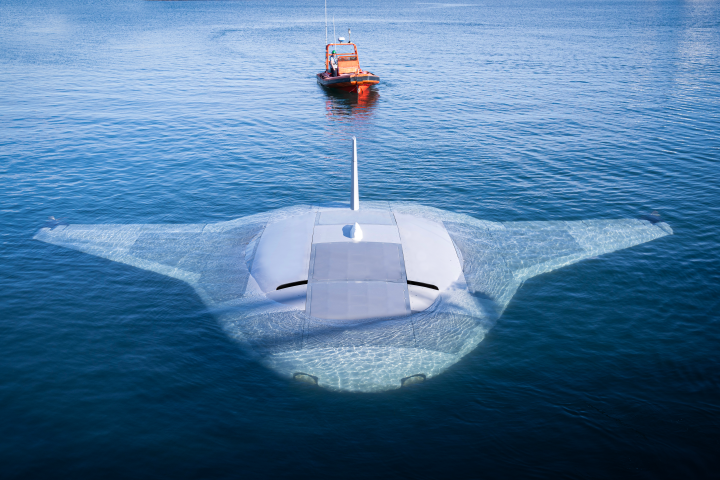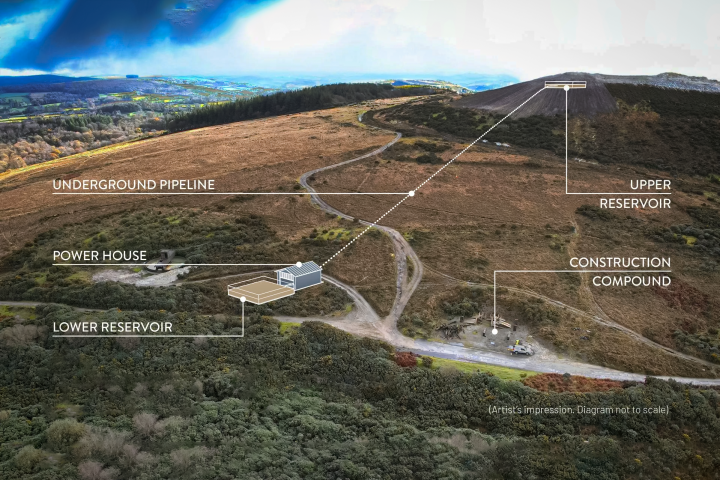The world record for the fastest electric vehicle over a distance of 500 km (311 mi) claimed by a group of engineering students from the University of New South Wales (UNSW) earlier this year has now been officially homologated by the Fédération Internationale de l'Automobile (FIA).
The world record, which was set on a 4.2-km (2.6-mi) track at the Australian Automotive Research Centre in Victoria, saw the Sunswift team's eVe travel 500 km on a single charge at an average speed of 106.966 km/h (66.465 mph), smashing the previous record of 73 km/h (45 mph) that had stood for 26 years.

"It's not often you can confidently say you made history before you even graduated,” said Sunswift’s project director and third-year engineering student Hayden Smith.
The record-breaking eVe is the fifth vehicle built and raced by the Sunswift team since its founding in 1996 and joins the Sunswift IVy in the record books. Having achieved the world record, the team will now begin modifying the eVe to meet Australian road registration requirements, with a chance it will be registered and on city streets within a year.
Source: UNSW





